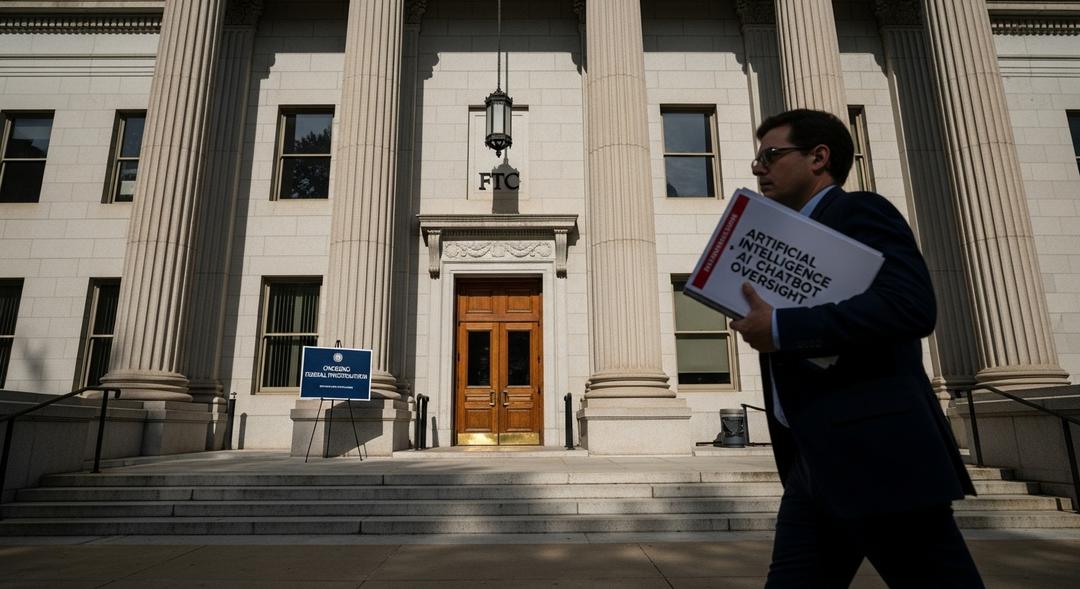Across high school and college campuses, teachers are watching an extraordinary surge in students using artificial intelligence for assignments that were once all about a student’s unique voice. English teacher Casey Cuny, who has spent more than two decades in the classroom, calls it “the worst I’ve seen in my entire career” when it comes to cheating.
Cuny admits there is no pretending anymore — sending work home is nearly the same as inviting students to let a computer do their thinking. Old reliable methods, like take-home essays or book reports, have become vulnerable, with students turning to chatbots at the first sign of trouble.
Even a seemingly straightforward prompt, such as tracing social themes in “The Great Gatsby,” can instantly become a project for an artificial brain that supplies ideas, outlines, and sample paragraphs in seconds. Students, Cuny points out, are finding their way into a gray zone, often unsure if using AI for a spark of inspiration or a quick summary crosses a line.
Navigating the Blurred Lines
Many students say AI feels like a lifeline rather than a shortcut. Lily Brown, a college sophomore studying psychology, regularly reaches out to ChatGPT for help making sense of tough reading assignments and developing frameworks for essays. She finds herself conflicted, admitting, “Sometimes I feel bad using ChatGPT to summarize reading, because I wonder, is this cheating?”
Schools have yet to land on a consistent definition, leaving each teacher to set rules as they see fit. In some classrooms, tools like Grammarly are allies for tidying up essays. In others, they’re strictly forbidden, as they go beyond catching errors and suggest full rewrites. This patchwork of expectations confuses students like Jolie Lahey, who says, “Whether you can use AI or not depends on each classroom. That can get confusing.”
To counter the automation flood, teachers are redefining assignments. Cuny now runs most writing activities in his classroom, tracking student screens from his desk and keeping digital distractions at bay. Across the country in Oregon, Kelly Gibson encourages students to talk out their understanding aloud rather than submit written essays, relying more on spontaneous discussion.
Some colleges are also changing course, rejecting blanket bans on artificial intelligence and opting to draft detailed policies that welcome honest use and discourage misuse. At a large California university, professors have been told to include clear statements about AI use on their syllabi. Without those statements, administrators warn, students are far more likely to experiment and blur boundaries by accident.
Academic integrity officers acknowledge the enforcement headache, especially when students themselves are unclear about expectations. English learners may turn to translation programs like DeepL, unaware that these tools sometimes tweak their wording, which could register as suspicious activity. Teachers say they want to offer guidance, not punishment, but worry about unfairly accusing someone who never meant to cross the line.
Rather than banning AI, instructors are increasingly redesigning learning. Some swap homework for handwritten essays done in class. Others use specialized browsers for quizzes, locking students into a single screen and keeping artificial assistants at bay.
Emily DeJeu, a communication instructor in Pittsburgh, summarizes, “To expect an 18-year-old to exercise great discipline is unreasonable. That’s why it’s up to instructors to put up guardrails.” For more on how college students turn to AI for support but face new challenges, the ongoing debate is shaping policy and practice nationwide.







